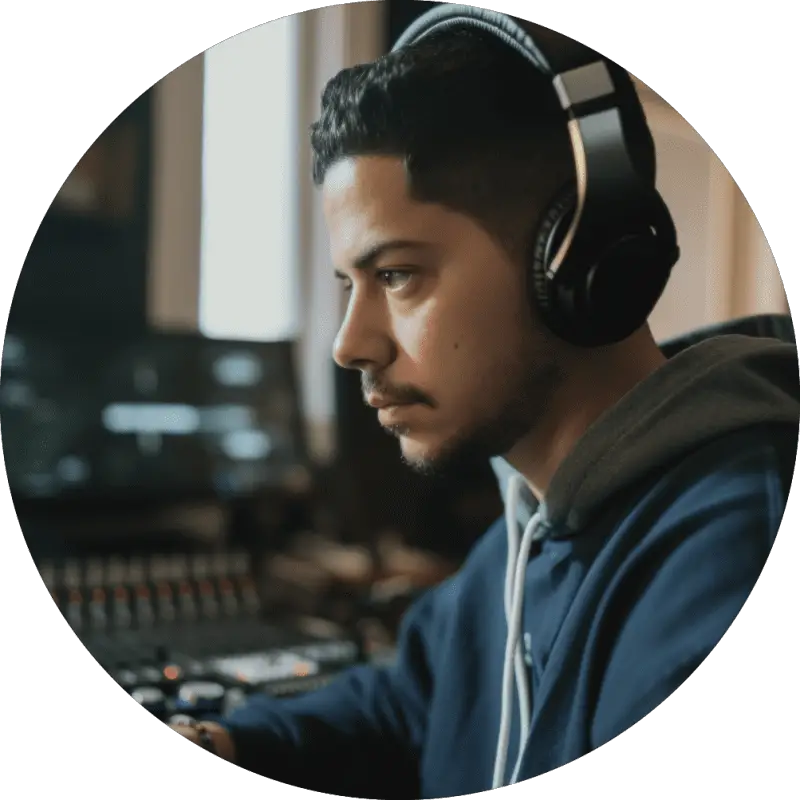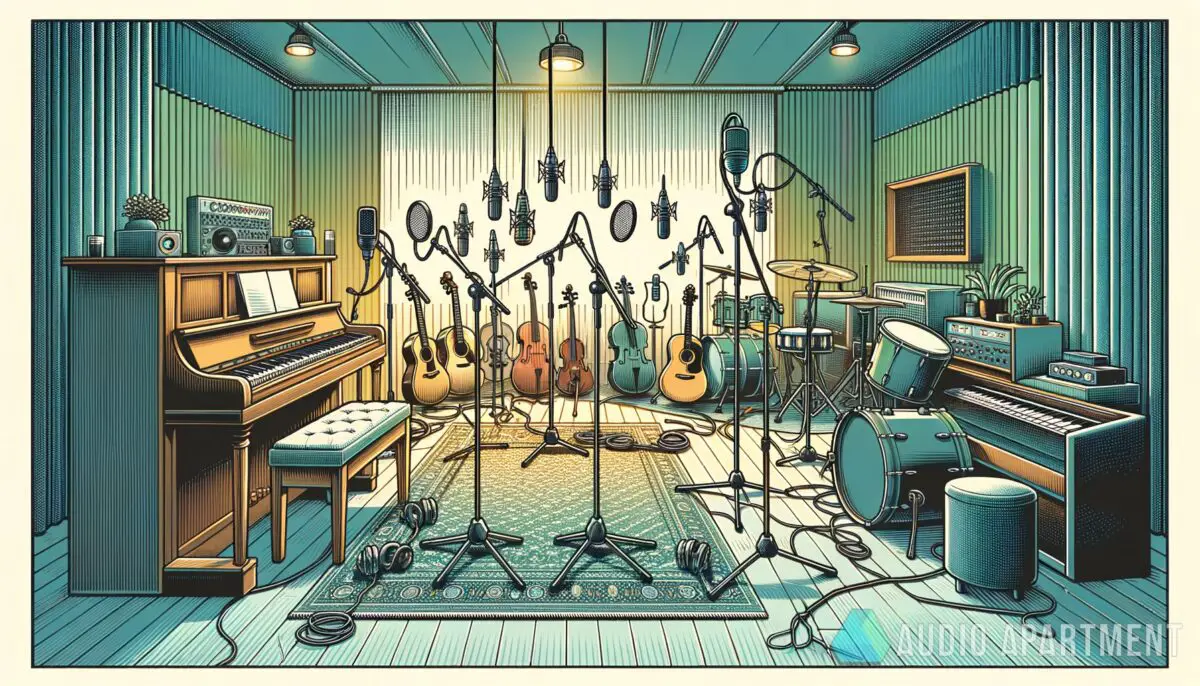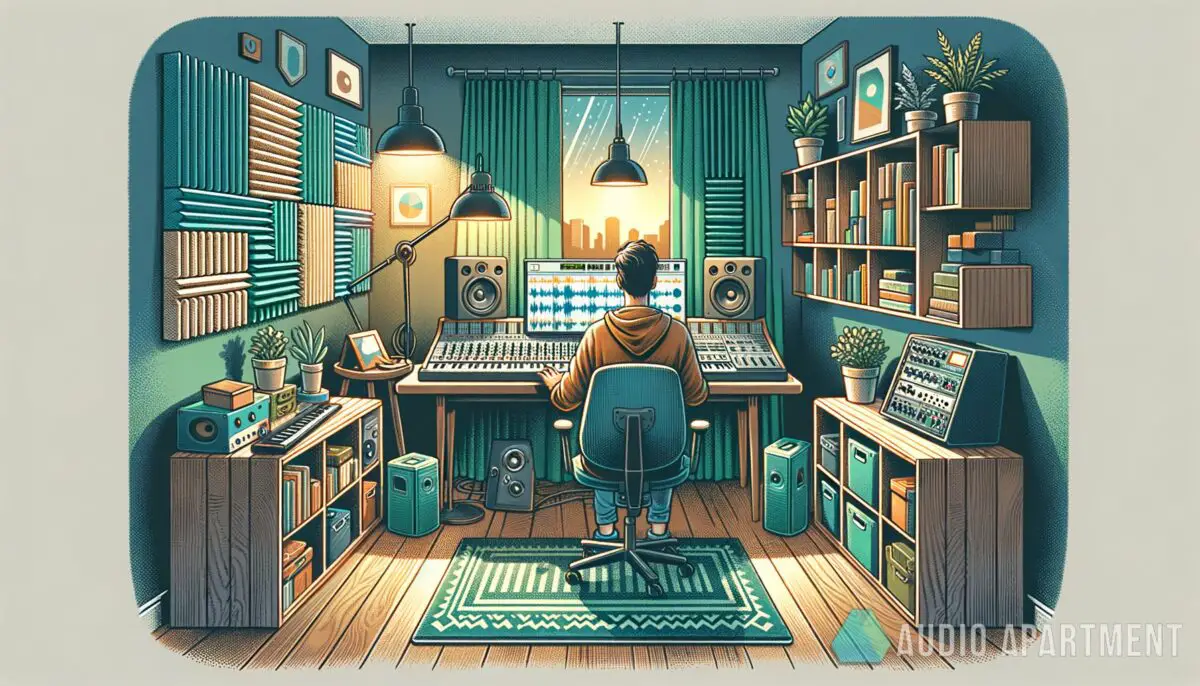Ever wondered what a libretto is and how it brings a musical story to life? Well, buckle up because we’re about to dive into the captivating world of lyrical tales and harmonious performances. Ready to explore the magic of the libretto?
What is a libretto? A libretto is a text paired with a dramatic musical work, typically written in verse. It accompanies operas, musicals, and other musical performances, blending words and music to create captivating stories.
What is a libretto?
A libretto is a textual companion to a dramatic musical work, and it’s typically written in verse. It’s the vital ingredient that breathes life into operas, musicals, chorales, and various other forms of musical performances. So, let’s dig deeper into the fascinating world of libretto!
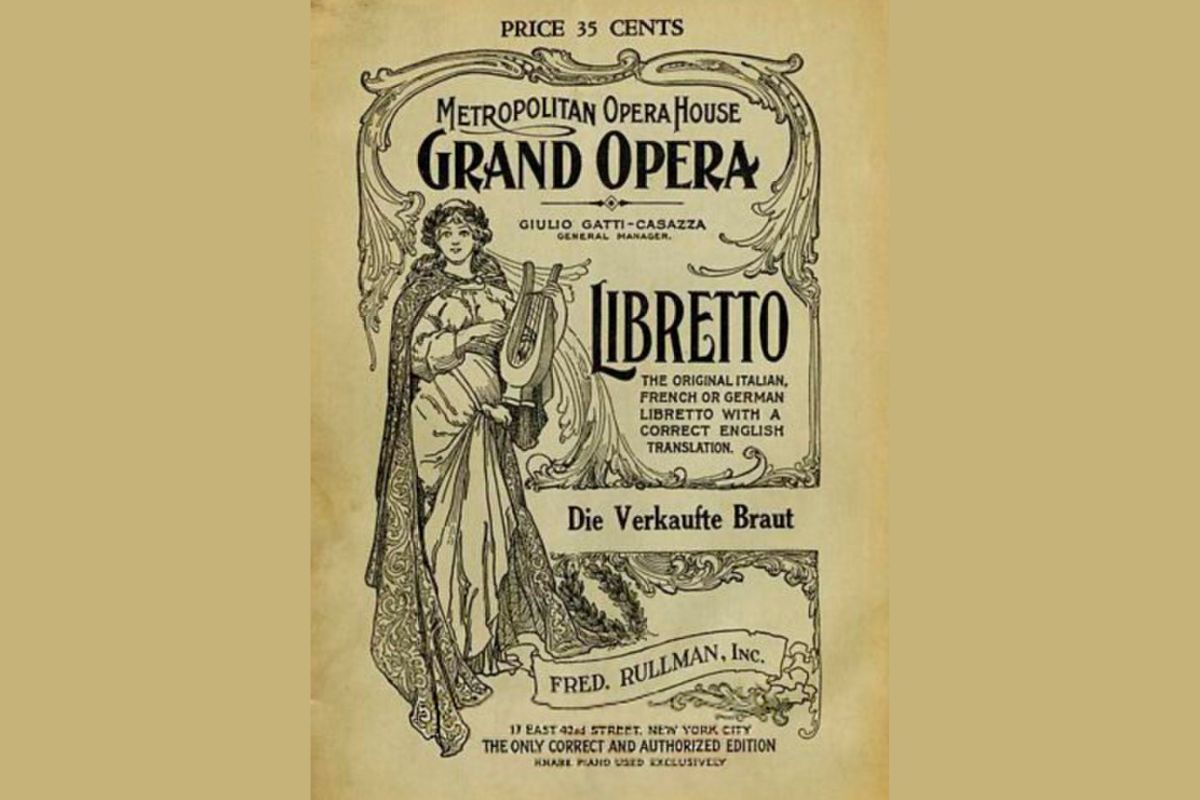
The concept of the libretto dates back hundreds of years, when humans first started performing dramatic music works. However, it truly flourished as an art form in the 17th century when prominent librettists began crafting exceptional prose works specifically tailored for opera and other musical genres. This association between the libretto and opera remains strong in the minds of many.
It’s worth noting that the librettist is often distinct from the composer, with a few notable exceptions like Wagner.
When it comes to creating a libretto, the librettist takes center stage. It’s worth noting that the librettist is often distinct from the composer, with a few notable exceptions like Wagner. The libretto can be written before the music or in collaboration with the composer during the composition process. This cooperation allows for finicky adjustments to ensure the perfect fusion of text and music.
AKAI Professional MPK Mini MK3

AKAI Professional MPK Mini MK3
What are the publishing and formats of libretto?
Librettos are published in various formats to cater to different needs and preferences. Let’s explore how libretto makes its way into the hands of performers, theaters, and avid fans alike.
- Separate books for analysis: Many libretti are published as standalone books without the musical notation, allowing performers, scholars, and enthusiasts to analyze the content in detail. These books serve as valuable resources for delving into the intricacies of the libretto and gaining a deeper understanding of the work.
- Inclusion in master orchestrations: Libretti are also included in master orchestrations, which encompass all musical parts, stage directions, and notations for performers. These comprehensive orchestrations provide the complete blueprint for staging a performance, ensuring that every element, from the drums to the singers, is in perfect harmony.
- Translations and multilingual editions: Given the diverse nature of musical performances, libretti are produced in multiple languages. When libretti are published as separate books, many companies offer original texts alongside translations, enabling a broader audience to engage with the libretto. Translating a libretto, however, can be challenging as the artistry lies in the scansion and nuances of the original language.
Libretto dos and don’ts:
| Dos | Don’ts |
|---|---|
| Dive into the libretto, exploring its rich language and storytelling. | Don’t underestimate the importance of the libretto in understanding the nuances of a musical work. |
| Seek out translations if the libretto is not in your native language. | Don’t overlook the collaborative efforts between librettists and composers that contribute to the overall impact of the performance. |
| Analyze the libretto alongside the music to fully appreciate the harmonious interplay. | Don’t dismiss the historical significance and cultural context embedded within the libretto. |
| Use libretti as a source of inspiration for your own creative endeavors. | Don’t forget to immerse yourself in the emotions conveyed through the combination of words and music. |
What are the sources and adaptations of libretto?
Libretti draws inspiration from a wide array of sources, ranging from ancient myths to historical events and renowned literary works. Let’s explore the diverse origins and adaptations that have enriched the world of libretti.
From mythology to folktales
Libretti often find inspiration in timeless stories, such as Norse mythology, Greek myths, and ancient legends. Composers and librettists alike have weaved these narratives into mesmerizing musical compositions that transport audiences to mythical realms.
Shakespearean influence
The works of Shakespeare have left an indelible mark on the world of libretti. Many iconic operas have been adapted from Shakespeare’s plays, including Macbeth, Romeo and Juliet, and The Tempest. The profound emotions and vivid characters of Shakespeare’s works lend themselves well to musical interpretation.
Playwrights and poets as muse
Playwrights and poets have provided a rich source of material for libretti. By transforming plays and poems into lyrical compositions, librettists have captured the essence of renowned works. For example, Victor-Joseph Étienne de Jouy and L.F. Bis’s libretto for Rossini’s William Tell was based on a French play by Pierre Beaumarchais.
Subject matter exploration
Librettists often delve into historical events, legends, and folktales to find compelling subjects for musical works. Whether drawing from medieval history, ancient folklore, or other cultural references, the libretto breathes new life into these narratives through the marriage of music and text.
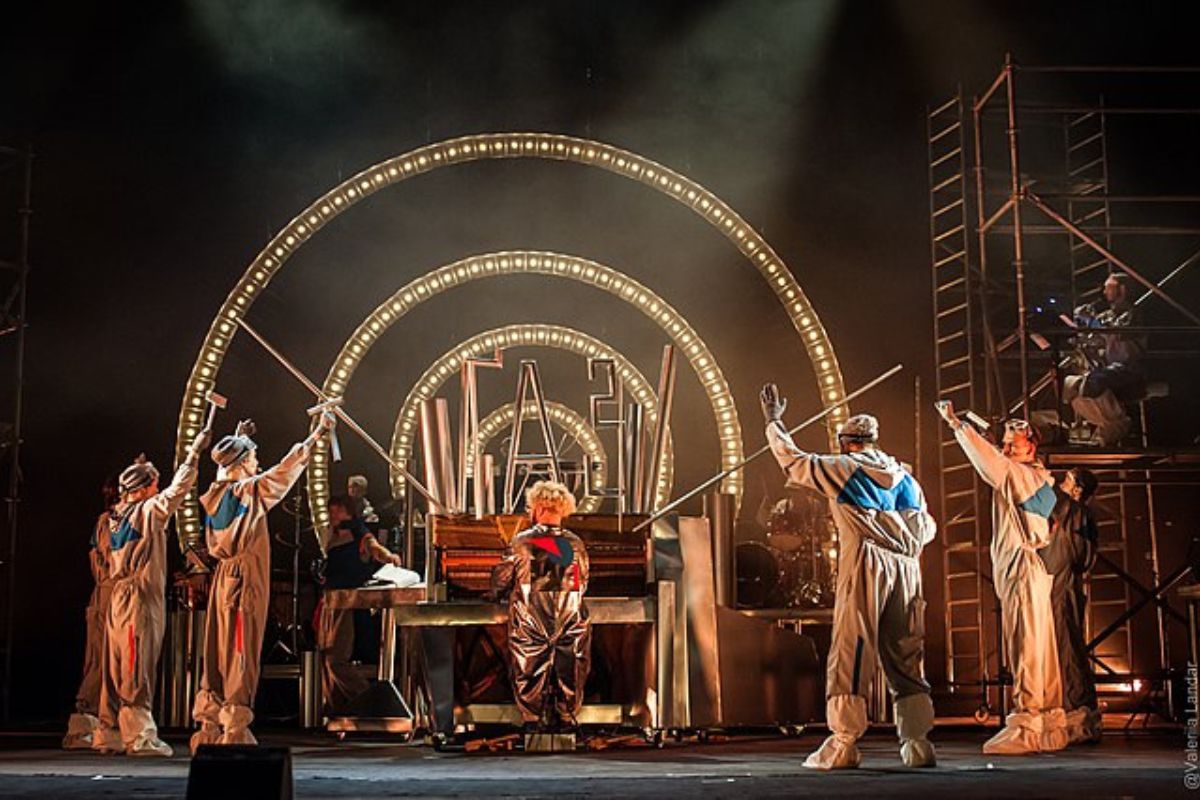
What are the key differences between writing a libretto for opera and crafting a script for traditional spoken drama?
Writing for opera and musical theatre requires a unique approach that distinguishes it from traditional spoken drama. Let’s explore the intricacies of crafting libretti and how they differ in the realm of musical storytelling.
Musical integration
One of the fundamental distinctions is the integration of music. In opera, the libretto serves as the foundation for the musical composition, with the text being sung by the performers. This requires the librettist to carefully consider the rhythms, melodies, and vocal range of the characters when writing the dialogue and lyrics. In contrast, a script for traditional spoken drama focuses solely on the spoken word without the need to accommodate music.
Emphasis on singability
When writing a libretto for opera, the librettist must create lyrics and dialogue that are singable and can be effectively conveyed through the performers’ voices. This involves considerations such as appropriate phrasing, breath control, and vocal techniques. In traditional spoken drama, the emphasis is primarily on spoken dialogue, allowing for a wider range of expression and less constraint in terms of vocal delivery.
Structure and pacing
Operas often have a more structured format, divided into acts, scenes, and musical numbers. The libretto provides the framework for these divisions and guides the pacing of the performance. In contrast, scripts for traditional spoken drama may follow various structures, including acts, scenes, or a more fluid narrative structure, depending on the playwright’s intentions.
Character development
In opera, character development is often conveyed through both the text and the music. The libretto must provide opportunities for the characters to express their thoughts, emotions, and motivations through the sung words. In traditional spoken drama, character development relies primarily on spoken dialogue, as there is no accompanying music to enhance or emphasize the characters’ inner world.
Collaborative process
While both opera and traditional drama can involve collaboration, the nature of collaboration in opera tends to be more intertwined. Librettists and composers work closely together to ensure the seamless integration of text and music. In traditional drama, the playwright often has more independence in crafting the script, with collaboration coming into play during rehearsals and the interpretation of the text by the director and actors.
Here’s a table summarizing the key differences between writing a libretto for opera and crafting a script for traditional spoken drama:
| Aspect | Libretto for Opera | Script for Traditional Spoken Drama |
|---|---|---|
| Musical Integration | Text is sung by performers, requiring consideration of melody, rhythm, and vocal range. | Focuses solely on spoken dialogue without musical accompaniment. |
| Singability | Lyrics and dialogue must be singable and consider vocal techniques. | No constraints related to vocal delivery. |
| Structure and Pacing | Operas have a more structured format with acts, scenes, and musical numbers. | A collaborative process between librettist and composer for seamless integration of text and music. |
| Character Development | Conveyed through sung text and music. | Relies primarily on spoken dialogue. |
| Collaborative Process | Collaboration tends to occur during rehearsals and interpretation by the director and actors. | Collaboration tends to occur during rehearsals and interpretation by director and actors. |
Writing a libretto for opera and crafting a script for traditional spoken drama require distinct considerations in terms of storytelling, character development, musical integration, and collaborative dynamics. Each form offers its own unique artistic opportunities and challenges, making them fascinating disciplines within the realm of writing for performance.
What are the advantages and disadvantages of incorporating libretto inspiration in music production?
Libretti offers a unique and compelling source of inspiration for music production, providing a rich tapestry of storytelling and emotion. However, like any creative approach, there are advantages and disadvantages to consider when incorporating libretto inspiration in your musical endeavors.
Advantages
- Storytelling depth: Libretti inspire deeper storytelling by incorporating well-established narratives and multidimensional characters into your music.
- Emotional expression: Drawing from libretti allows you to tap into the power of music and lyrics to evoke specific emotions and create a more immersive experience for your audience.
- Rich cultural heritage: Utilizing libretto inspiration opens doors to exploring diverse cultural references, historical events, and mythologies, enriching your compositions with unique themes and motifs.
- Structural framework: Libretti provide a preexisting structural framework that can guide your songwriting process, offering insights into pacing, character arcs, and dramatic tension.
- Integration of music and text: Working with libretti helps cultivate a harmonious integration of music and lyrics, resulting in a cohesive and impactful musical experience.
Disadvantages
- Translation challenges: Adapting libretti from their original language into different languages can be complex, as maintaining the rhythm, rhymes, and scansion of the text poses significant challenges.
- Artistic constraints: Following the structure and conventions of libretti may restrict creative freedom, potentially limiting experimentation with unconventional song structures or lyrical approaches.
- Balancing music and story: Ensuring a harmonious blend between the musical elements and the libretto can be demanding, requiring careful attention to pacing, emotional resonance, and coherence.
- Niche appeal: While libretto-inspired compositions can resonate strongly with certain audiences, they may have a narrower appeal compared to more mainstream musical styles.
- Originality considerations: Relying heavily on libretto inspiration may raise concerns about the uniqueness and originality of your compositions, as they may draw heavily from existing narratives and themes.
When incorporating libretto inspiration into your music production, consider these advantages and disadvantages to strike a balance between embracing the rich storytelling tradition and expressing your unique artistic voice.
If you want even more great tips and information, check out the video.
Frequently Asked Questions (FAQ)
Below are some of the most commonly asked questions about libretto.
Can I write a libretto for any genre of music?
Absolutely! While libretti are commonly associated with opera and musical theater, you can write a libretto for any genre of music. Whether it’s rock, pop, hip-hop, or electronic, the power of storytelling through words and music knows no bounds.
Do I need to be a skilled composer to write a libretto?
Not necessarily. While some librettists are also composers, it is not a requirement. Collaborating with a composer can bring your libretto to life. Focus on crafting compelling characters, narratives, and lyrics, and find a composer who can translate your words into captivating melodies.
How can I find inspiration for writing a libretto?
Inspiration can come from various sources. Explore mythology, historical events, literature, or personal experiences. Let the emotions and themes that resonate with you guide your creative process. Allow yourself to be immersed in different art forms to find unique perspectives and ideas.
Conclusion
Conclusion
We’ve journeyed through the captivating world of libretti, where music and words harmoniously intertwine to create enchanting stories. In your own musical endeavors, embrace the spirit of the libretto, weaving melodies and words together to create your own captivating tales. And always remember, “I read and reply to every comment.” So, if you have any questions or thoughts, share them in the comments section below. If you found this article helpful, don’t forget to share it with a friend. Keep creating, keep exploring, and keep the music alive!
Key Takeaways
This article covered the fascinating world of libretti, from their definition to their role in music production and storytelling. Here are some key takeaways:
- A libretto is a text paired with a musical work, such as an opera or musical, bringing stories to life through words and music.
- Libretti are crafted to align with the emotions, pacing, and melodies of the music, creating a harmonious performance.
- They draw inspiration from diverse sources, including mythology, literature, and historical events.
- Incorporating libretto inspiration in music production offers storytelling depth, emotional expression, and a structural framework.
- Collaborating with composers and embracing diverse cultural references can enhance the creative process.

